How did you take care of yourself today? Did you care for your body? Did you care for your soul?
How did you care for your body? Did you eat yogurt and fruit for breakfast for the probiotics and antioxidants? Did you run a couple of miles to keep your heart in shape? Did you get seven or more hours of sleep? Maybe you did all of those things (or something like them) to take care of your body.
But how did you care for your soul? Maybe you didn’t even think about that part of you. After all, our stomachs growl when they’re hungry, our eyelids droop when we’re tired, our muscles get stiff if we sit too long. Our bodies demand attention.
But the soul? The soul keeps quiet. It doesn’t scream in pain or announce a problem with a 102 degree fever. We may neglect the soul for a long time before it demands attention.
So why should you care for your soul?
I can think of four reasons:
- Your soul is the most important part of you. John Ortberg, author of Soul Keeping, writes, “The soul is the coolest, eeriest, most mysterious, evocative, sacred, eternal, life-directing, fragile, indestructible, controversial, expensive dimension of your existence.” Jesus pointed out to His disciples that the soul is important when He said, “What good will it be for someone to gain the whole world, yet forfeit their soul? Or what can anyone give in exchange for their soul?” (Matthew 16:26). Nothing in the world is more important than my soul. Yet how often I neglect this crucial part of me.
- Your soul is the part of you that is eternal. A good haircut lasts about a month. A fashionable new outfit stays stylish for about a year. But your soul lasts forever. God created this part of you to be with Him now and in heaven. Caring for the soul will reap eternal benefits.
- The state of your soul affects the rest of your life. My soul may not announce it needs care, but when it’s tired I feel pulled apart inside. I may be able to paste a smile on my face, but inside I’m dying. I may be able to carry on a conversation, but I’m not really listening. I may go to church and mumble through the songs, but my heart is far from worship. Life loses joy and meaning when my soul is worn. I’m not able to live life well.
- A healthy soul will enable you to love and serve the people in your life. When our souls are weak, we crave attention. We may become self-centered, even self-obsessed. But when we spend time with the Savior and allow Him to fill our souls with His love, we are then able to look beyond our own needs and care for others.
Don’t neglect your soul. Care for it by spending time with the One who loves you. Sit in silence. Read God’s Word. Listen for His voice. Ask Him to care for the most important, most fragile, most indestructible part of you.
Next step: Read Psalm 23. Let the words sink into your heart. As you read and pray, visualize the green pastures and the Shepherd who promises to restore your soul.
The Lord is my shepherd; I shall not want.
2 He makes me lie down in green pastures. He leads me beside still waters.
3 He restores my soul. He leads me in paths of righteousness
for his name’s sake.
4 Even though I walk through the valley of the shadow of death,
I will fear no evil, for you are with me;
your rod and your staff, they comfort me.
5 You prepare a table before me in the presence of my enemies;
you anoint my head with oil; my cup overflows.
6 Surely goodness and mercy shall follow me all the days of my life,
and I shall dwell in the house of the Lord forever
For more information on caring for your soul, check out my new book Soul Spa: 40 Days of Spiritual Renewal. This Bible study devotional teaches you how to find rest for your weary spirit. Come to the Soul Spa where spiritual practices refresh you, where God is eager to meet with you and care for your spirit. Using spa analogies, this resource guides the reader to engage in the holy habits such as Bible study, Scripture meditation, sacred reading, prayer, and more! Check it out here.




















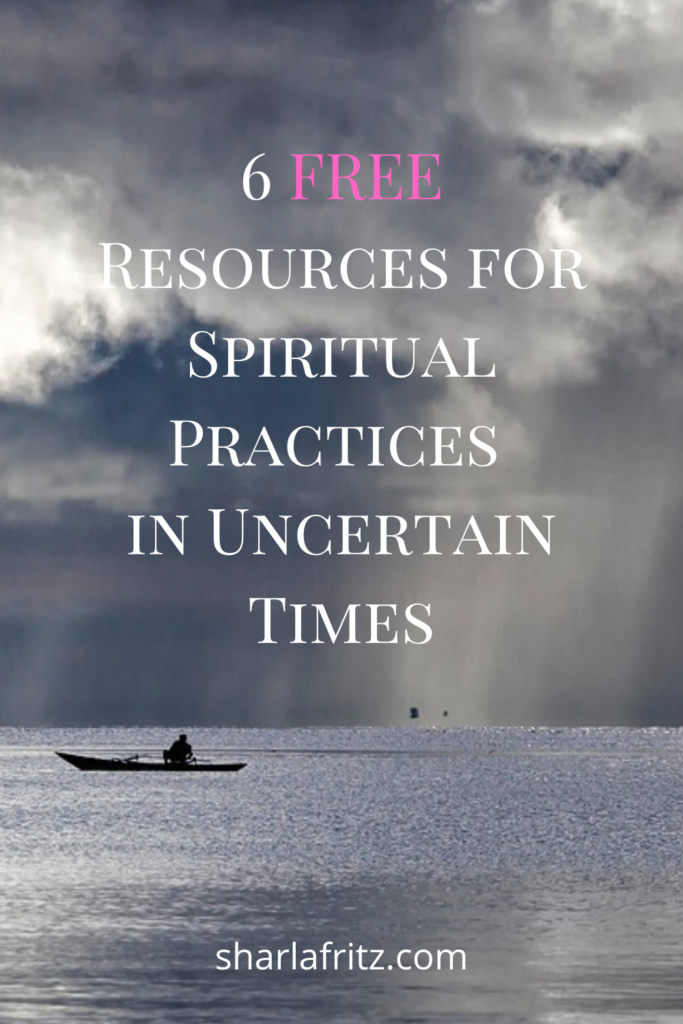
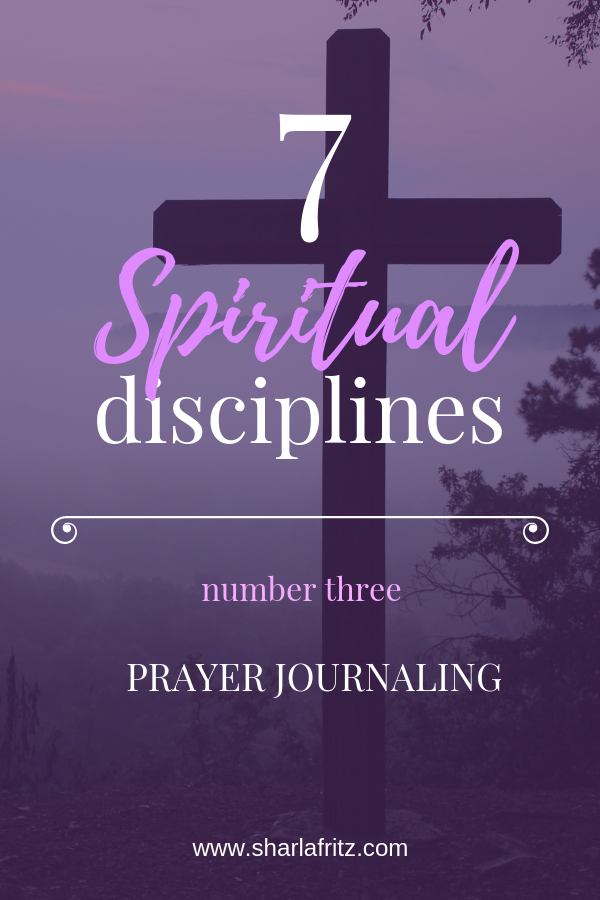







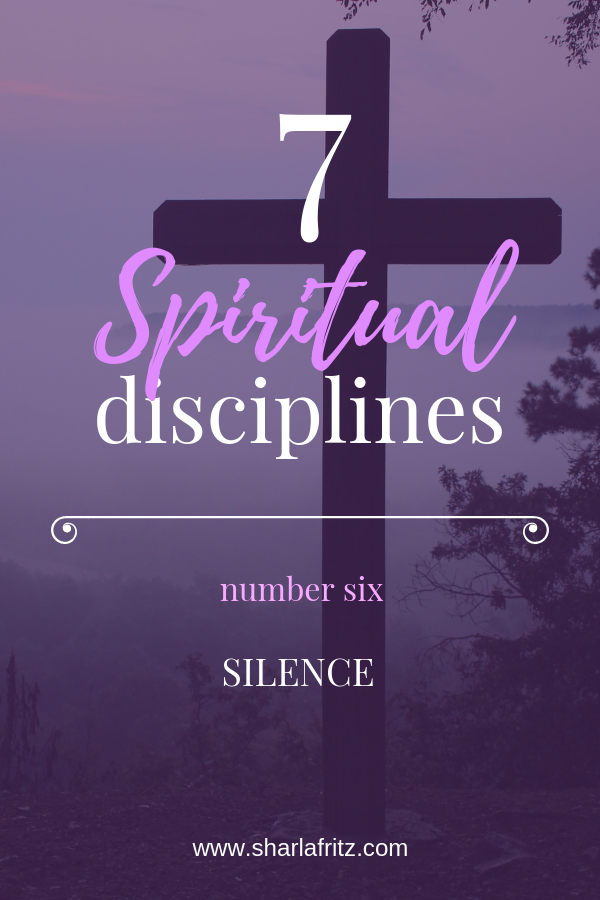
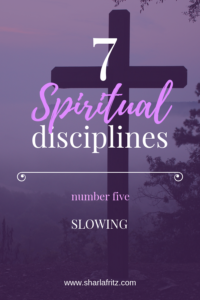

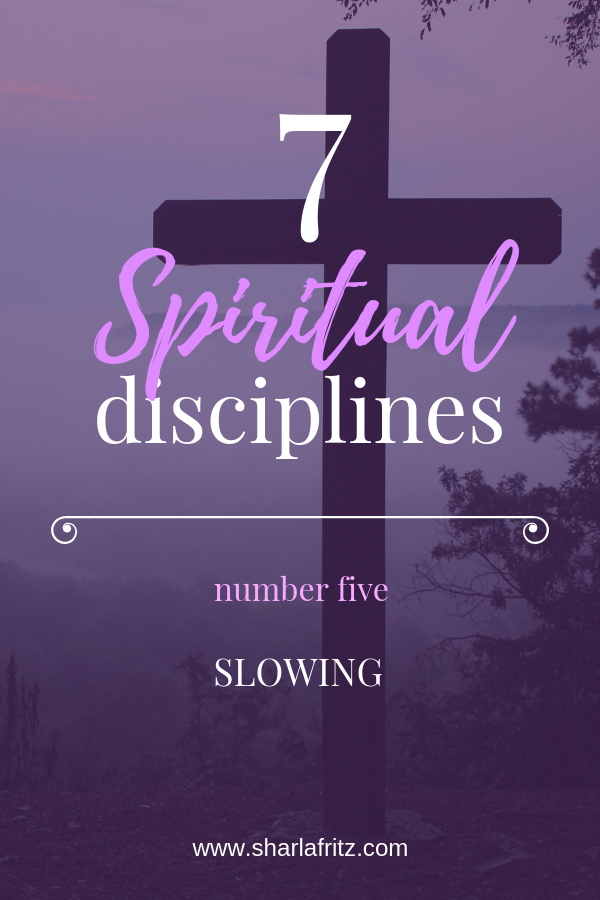

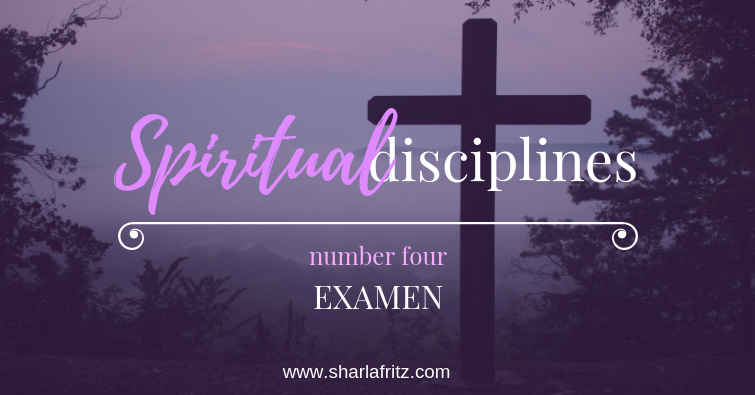
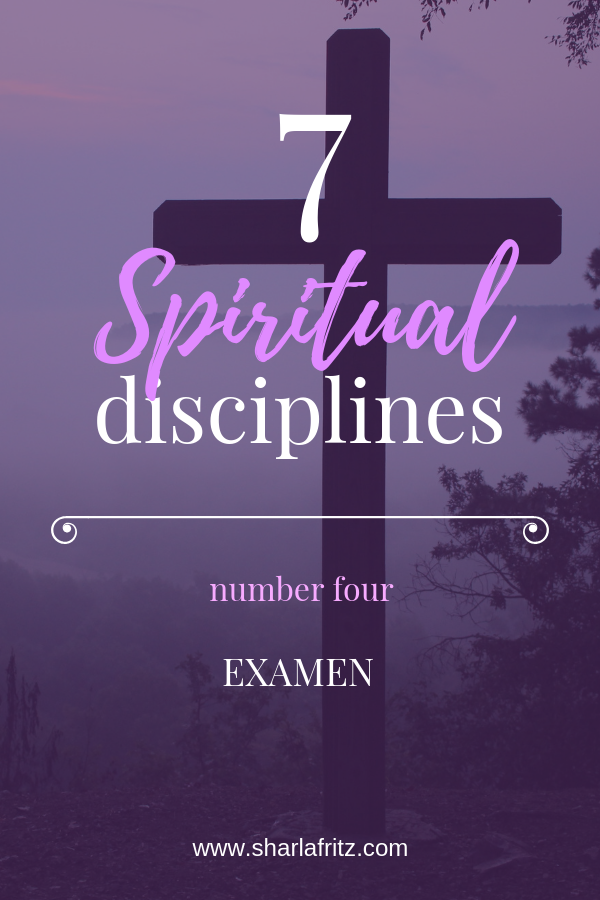
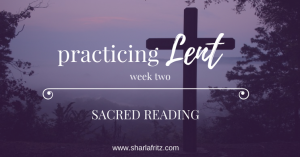

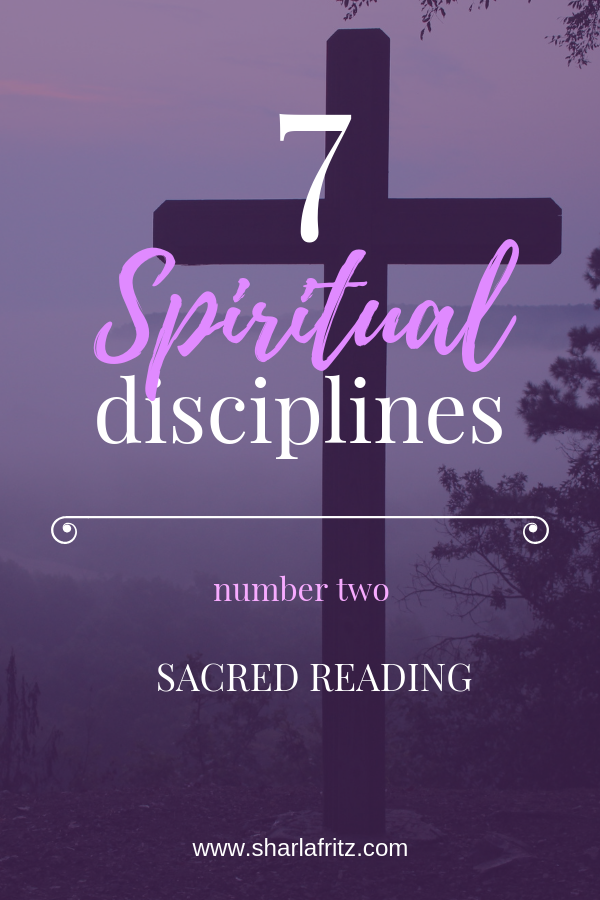

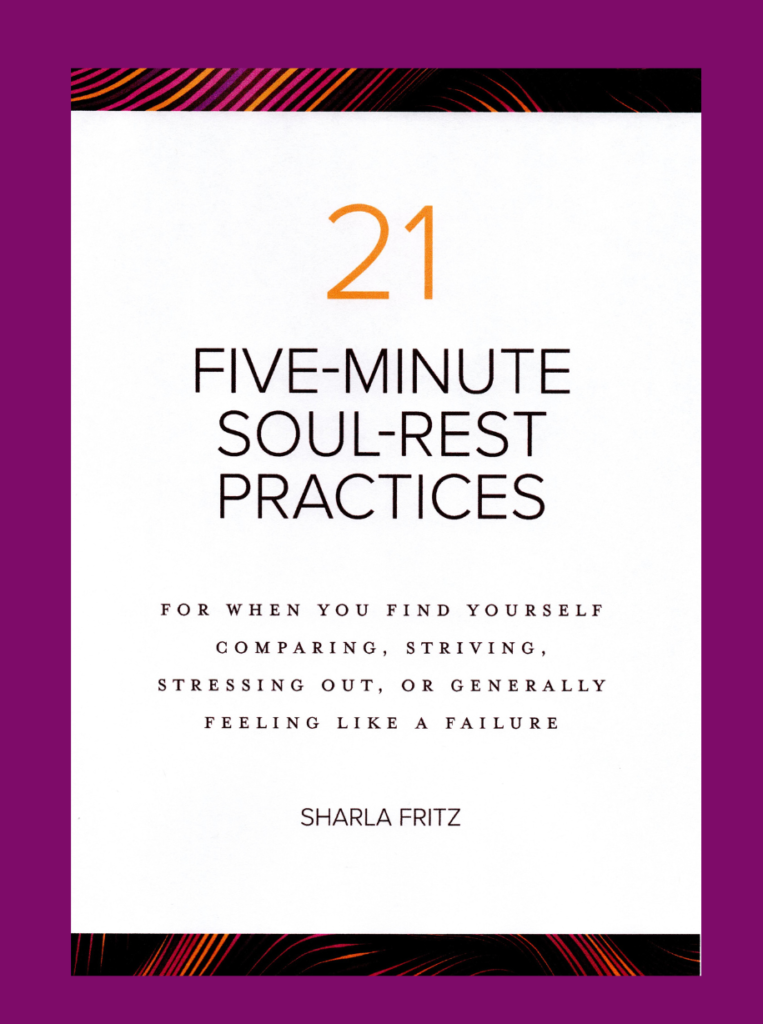
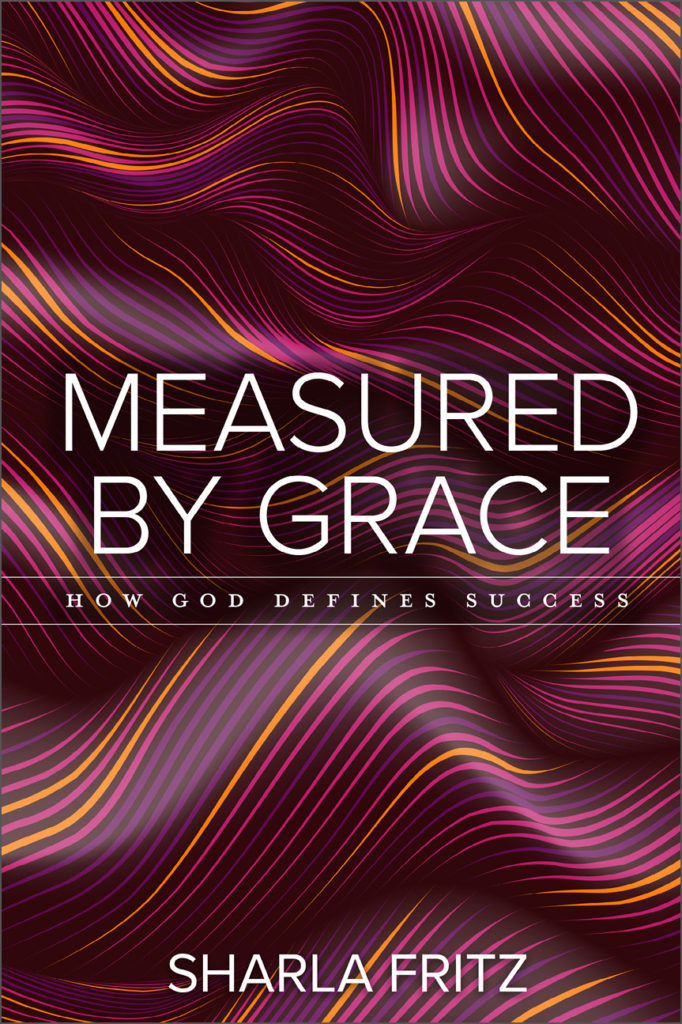

Follow Me!